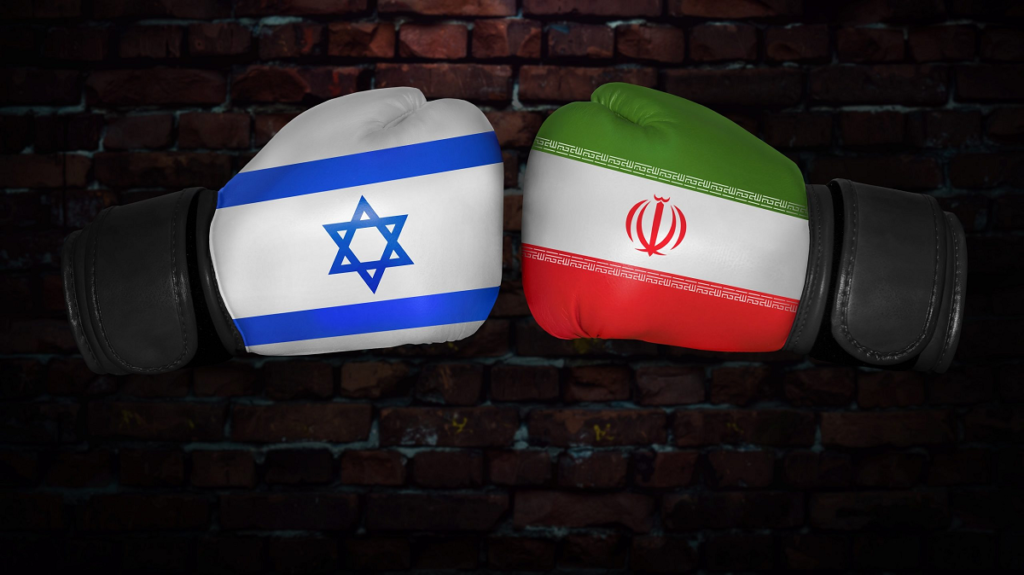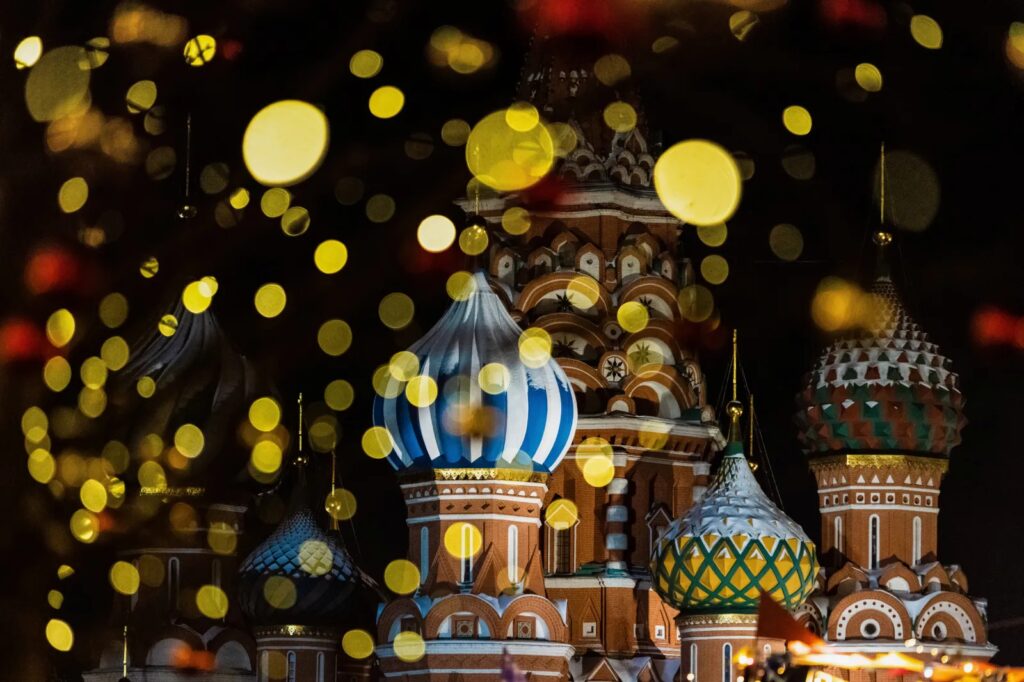Iranian President Threatens Israel, Says Int’l Inspections Could Ruin Nuclear Deal

Iranian President Ebrahim Raisi warned on Monday that any Israeli military strike on his country’s nuclear program would lead to the destruction of “the Zionist regime.”
Raisi said Israel could not protect itself against Palestinian “resistance groups” and would not succeed in stopping Iran’s nuclear program. “Can they keep themselves safe? Can the Zionists defend themselves against Gaza despite the fact that its oppressed people are under blockade?” he asked, rhetorically.








